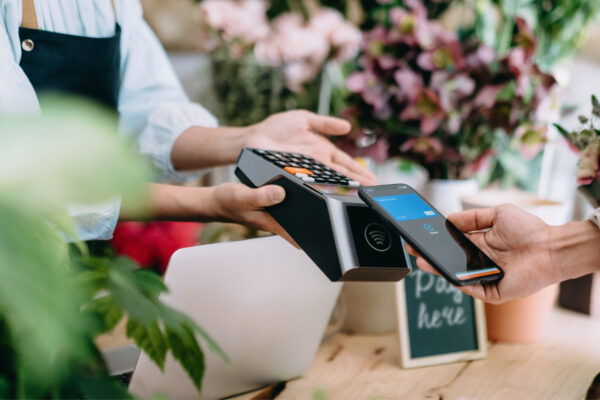
During the past years many well-respected brands have undergone significant consolidation, closing stores as necessary to maintain profits and, in some cases, even shutting down completely.
This trend is expected to accelerate, given the most recent news regarding Amazon’s purchase of Whole Foods. When Amazon announced on Friday, June 16, 2017 that it was buying Whole Foods, which represents the largest acquisition for the retailer ever, the move had obvious implications for the future of grocery chains, the entire food industry, and perhaps even the future of shopping for just about anything beyond food. With that story hot off the presses, it is hard not to speculate on what this will mean for traditional retailers like Sears, Kmart, J C Penny and Macy’s – chains that were already struggling to find footing while continuously losing customers, as well as other well regarded retail and grocery chains. This latest move by Amazon is just one more disruption rocking the retail world. For over two decades, online shopping has steadily grown, creating record breaking revenue over the years, in what is becoming popularly known as “The Amazon Effect.”
Interestingly, it is easy to see that Amazon isn’t satisfied with just winning and dominating the online shopping market. Their vision is much greater than that. Even before the purchase of Whole Foods, they were beginning to establish pop up stores, including groceries and book stores (coming back full circle to the brick and mortar business they have challenged for so long), while also creating new delivery methods that manage to surpass shopper’s expectations, manufacturing as well as distributing products and, finally, leveraging technology in a way that is putting them on a trajectory that is expected to make them the first trillion dollar organization. The renewed focus on bricks and mortar is expected to continue based, in part, on the Whole Foods acquisition
The question all other retailers need to ask themselves now is if the disruption that they are experiencing is truly an “Amazon Effect” or is it just the natural evolution that has always occurred when companies are no longer able to sustain their own relevancy with their customer base.
According to the Census Bureau, retail spending as a whole is up 5% year over year, and up 17% in the last five years. The American Standard Code for Information Interchange (ACSII) also says there is a rise in how people feel about retail in general. The scores are pulled from the input of roughly 70,000 people, showed a 5% overall improvement, rising to a 78.3 on a 100 point scale.
If customer satisfaction is at an all-time high, why are these long time retailers failing?
Those companies that are unable to create value and a great customer experience will be left behind. And Amazon isn’t helping matters. In fact they are making it extremely difficult for traditional retail stores because they’re disrupting the future of everything in shopping!
While there are a lot more questions than answers right now, the excitement that Amazon has cultivated and nurtured – especially with its latest move to acquire Whole Foods and the real estate owned by the food chain – is forcing other product managers and retailers to differentiate themselves, embrace innovation, have a plan for moving forward and finding new opportunities to improve their odds of success and at the same time, avoid getting caught up in Amazon’s wake.


